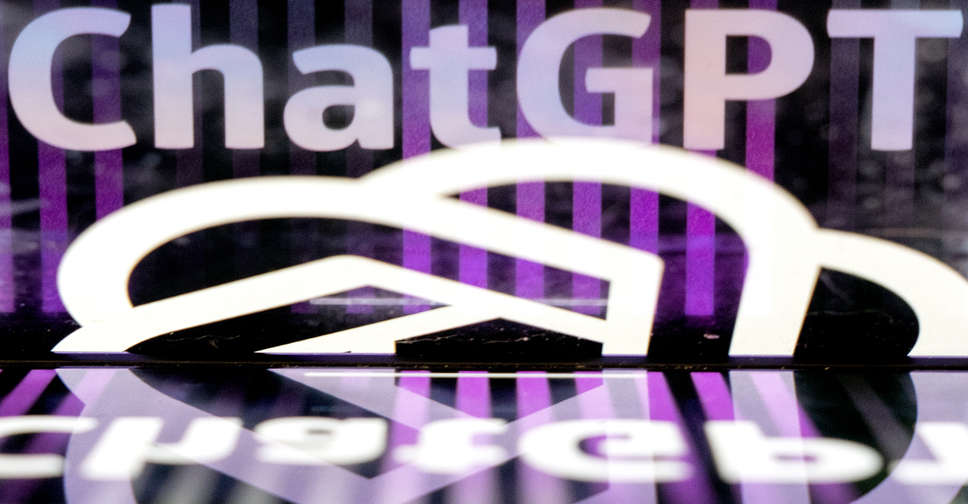
OpenAI has announced the release of new plugins for its popular language model, ChatGPT.
These plugins aim to extend the bot's functionality by providing access to third-party knowledge sources and databases, including the web. OpenAI states that these plugins will initially be available in alpha to ChatGPT users and developers on the waitlist. It will prioritise a small number of developers and subscribers to its premium ChatGPT Plus plan before rolling out larger-scale and API access.
The most intriguing plugin is OpenAI's first-party web-browsing plugin, which allows ChatGPT to draw data from around the web to answer various questions posed to it. Prior to this plugin, ChatGPT's knowledge was limited to dates, events, and people before September 2021. With this plugin, ChatGPT can now retrieve content from the web using the Bing search API, citing its sources in responses. This capability is a significant step towards enabling language models to read information from the internet, which expands the amount of content they can discuss, going beyond the training corpus to fresh information from the present day.
However, OpenAI has also acknowledged the potential risks of a web-enabled ChatGPT. It may perform undesirable behaviors such as sending fraudulent and spam emails, bypassing safety restrictions, and increasing the capabilities of bad actors who would defraud, mislead or abuse others. But the company assures that it has implemented several safeguards informed by internal and external red teams to prevent this.
In addition to the web plugin, OpenAI has also released a code interpreter for ChatGPT, providing the chatbot with a working Python interpreter in a sandboxed, firewalled environment along with disk space. This plugin supports uploading files to ChatGPT and downloading the results, making it particularly useful for solving mathematical problems, data analysis and visualization, and converting files between formats.
OpenAI has collaborated with several companies to build plugins for ChatGPT, including Expedia, FiscalNote, Instacart, Kayak, Klarna, Milo, OpenTable, Shopify, Slack, Speak, Wolfram, and Zapier. These plugins are mostly self-explanatory, with the OpenTable plugin allowing the chatbot to search across restaurants for available bookings, and the Instacart plugin enabling ChatGPT to place orders from local stores. The Zapier plugin is the most extensible of the bunch, connecting with apps like Google Sheets, Trello, and Gmail to trigger a range of productivity tasks.
To encourage the creation of new plugins, OpenAI has open-sourced a "retrieval" plugin that enables ChatGPT to access snippets of documents from data sources like files, notes, emails, or public documentation by asking questions in natural language.
These plugins mark a significant milestone in ChatGPT's development, expanding its capabilities beyond the information within its training data. However, some experts have accused OpenAI of profiting from the unlicensed work on which ChatGPT was trained. Plugins potentially address this issue by allowing companies to retain full control over their data.




 Nasdaq set to confirm bear market as Trump tariffs trigger recession fears
Nasdaq set to confirm bear market as Trump tariffs trigger recession fears
 Dana Gas and Crescent Petroleum exceed 500M boe in Khor Mor field
Dana Gas and Crescent Petroleum exceed 500M boe in Khor Mor field
 China to impose tariffs of 34% on all US goods
China to impose tariffs of 34% on all US goods
 Shares bruised, dollar crumbles as Trump tariffs stir recession fears
Shares bruised, dollar crumbles as Trump tariffs stir recession fears



